A Rape on Campus
A brutal assault and the struggle for justice at the University of Virginia.
Note 12/5/14: Rolling Stone has stated that they now doubt details of the facts reported in "A Rape on Campus."
More information is available in T. Rees Shapiro's "U-Va. Fraternity to Rebut Claims of Gang Rape in Rolling Stone" from The Washington Post.
</i>
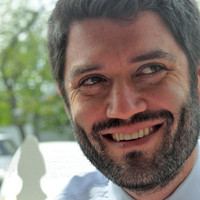

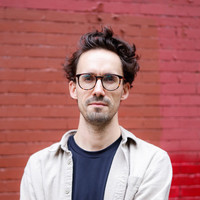
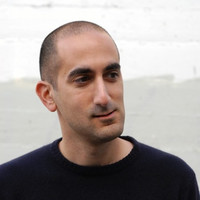











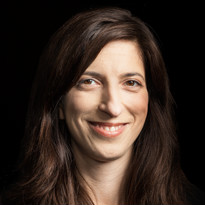 Pamela Colloff is an executive editor and staff writer at Texas Monthly.
Pamela Colloff is an executive editor and staff writer at Texas Monthly.
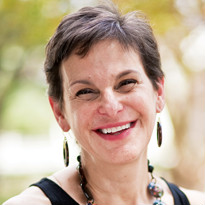 Mimi Swartz has written for Talk, The New Yorker and Vogue. She is an executive editor at Texas Monthly.
Mimi Swartz has written for Talk, The New Yorker and Vogue. She is an executive editor at Texas Monthly.



